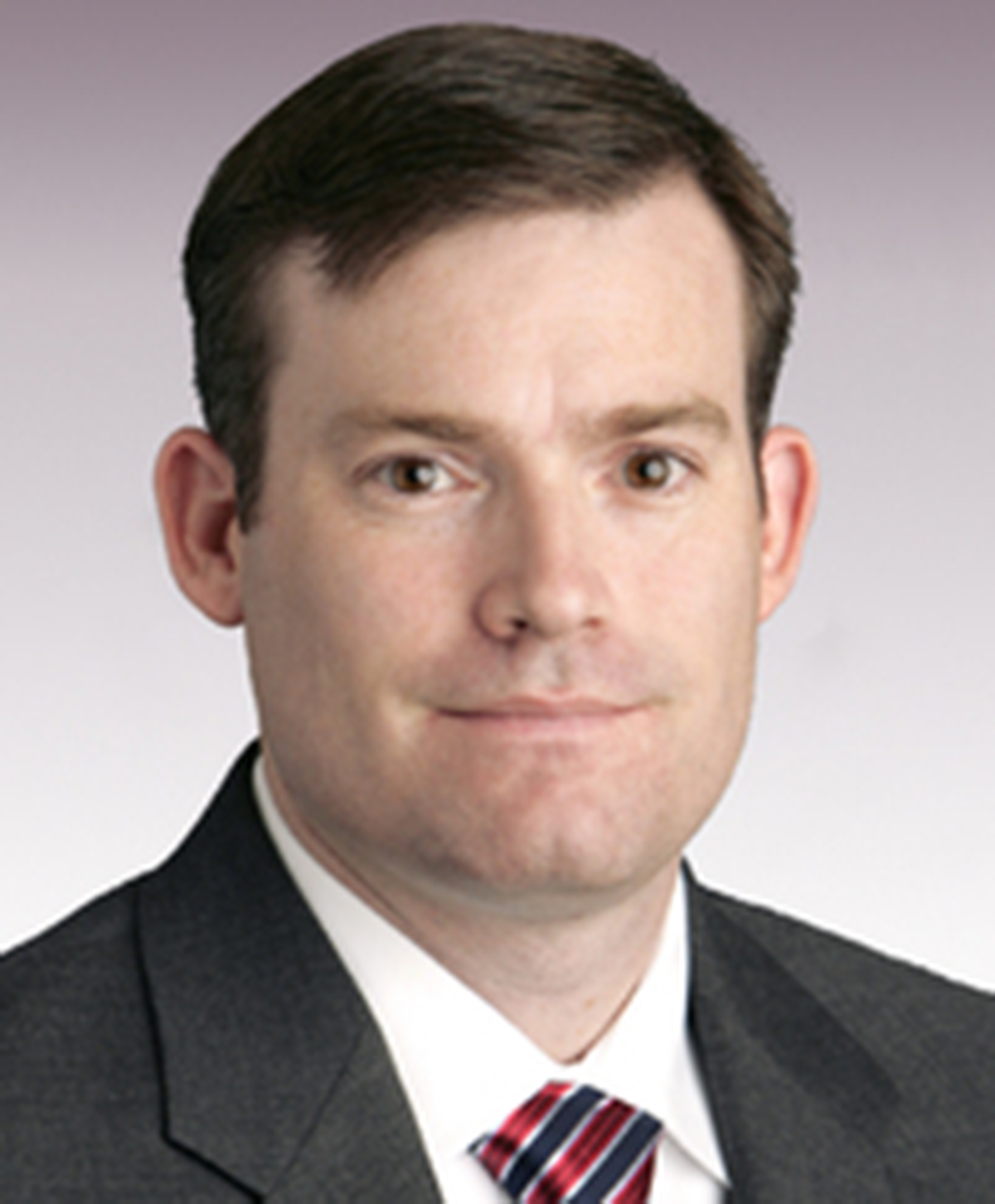Patent attorney to give keynote address at Science, Technology, and Law Symposium

The College of Science Academy of Integrated Science’s Science, Technology and Law Program will host the second annual Science, Technology, and Law Symposium Friday, Oct. 31, from 1 to 4 p.m. at the Inn at Virginia Tech.
The symposium's keynote address will be given by Jeff Vockrodt who will discuss "Trends for University Patent Monetization in the Post American Invents Act Era."
The lecture is free and open to the public but reservations are required by Oct. 24 and can be made online.
Vockrodt's talk will consider how the new Leahy-Smith America Invents Act (AIA) is changing the patent landscape in the United States. The move from first-to-invent to a first-inventor-to-file patent system places pressure on those seeking to procure patents.
Several university specific provisions of the AIA were intended to relieve pressure on stakeholders, but these same provisions also come at a cost. The AIA provides third parties with new opportunities to participate and limit patent procurement through submission of prior art during prosecution.
Upon grant, patents are subject to challenge though inter partes review (IPR), post-grant review (PGR), covered business method (CBM) review, and derivation proceedings. These proceedings have had a significant impact on patent litigation brought by universities seeking to monetize their patent portfolios.
Vockrodt is a registered patent attorney at Hunton & Williams LLP, and has represented both patent owners and challengers involving a diverse range of technologies to include semiconductors, medical devices, pharmaceuticals, biotechnology, and chemical processing. He has served as a patent examiner in the U.S. Patent and Trademark Office, and as a law clear for the Office of Unfair Import Investigations with the U.S. International Trade Commission.
The Science, Technology, and Law Program is an academic program that has as its primary purpose the discussion and promotion of the protection of intellectual property as well as other legal and ethical topics at the intersection of science, technology and law. The program offers four undergraduate classes, one graduate class, and a minor in Science, Engineering and Law that is open to all students, regardless of major.




